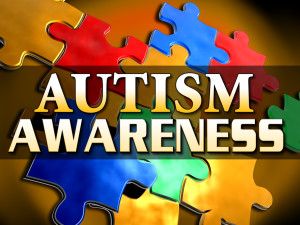 Awareness
Awareness
Autism awareness month is here. As I look around at schools or in neighborhoods, I see “Support Autism” signs and homes with blue lights on them. The question I ask myself is, once the month is over what’s next for autism? I do appreciate the month where autism is placed on the forefront of everyone’s mind as a reminder of such a crazy and unexplained epidemic that has taken hold of so many children and families lives. However, I am not one that celebrates the month because I live with it 365 days a year.
Family
My son Jaylon, is a walking billboard of what Autism is. He was diagnosed eleven years ago at age 3 and it has been a roller coaster ever since. I have watched him struggle to form a word to now talking back to me when I asked him to do something. Although I hate when he talks back, I love the fact that he can…
Getting Older
Now that he is a teenager, I find myself wondering about his future. What will he become as an adult and how can I get him to that goal. After years of searching, I still struggle with finding the right school setting that is able and willing to put in the time to teach him. Jaylon is so smart but it takes the right person to tap into his mind and help him learn. Although he is still developmentally behind, he has made tremendous progress that has truly inspired and amazed me. He is my inspiration and has taught me what true love is…
Help is Here
To those that are raising a child/children with special needs, I understand your heartache, pain, love and commitment to your child/children. We have no clue as to why GOD chose us to be the caregivers to his special children. No matter how hard it gets both emotionally and financially, please know that because we were chosen to care of GOD’s child/children, GOD will always take care of and provide for us. If there’s anyway I can assist you and your family, please give me a call. We are all in this together….

This is what Autism means to me….
Dione Simmons, MA, LPC
Transitions Counseling offers flexible scheduling hours to meet most client needs and budget.
Contact us today at 817-680-9218


